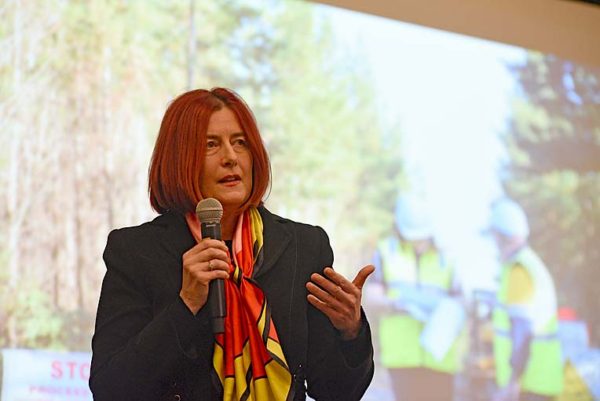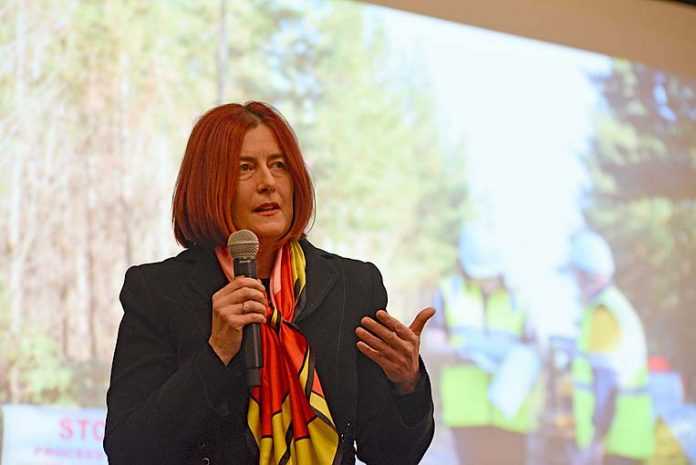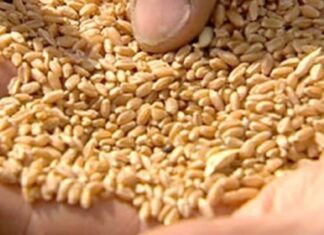
FORESTRY company OneFortyOne Plantations is continuing feasibility studies into the proposed $200m new particleboard processing facility at Tarpeena.
Although initially foreshadowing a resolution by June, the company has now revealed it is likely to have a view by the end of this year.
The company will also consider the possible implications of the potential sale of Carter Holt Harvey’s PinePanels plant at White Avenue to the Borg Group.
According to timber industry insiders, the CHH sale process is continuing to progress steadily.
OFO announced it was canvassing building a new processing plant on a greenfield site at Tarpeena 12 months ago, which will be built adjacent the Timberlink site.
This follows the company unsuccessfully scouring the world for an investor to bankroll a new processing facility to use the untapped wood fibre left on the forest floor.
If the project gets off the ground, it will be the first new large-scale processing mill built in the Mount Gambier district for many years and the company’s first processing facility.
If the board approves progressing from feasibility to development, then the development phase will cost up to $10m.
Speaking to The Border Watch, Ms Sewell said the company was in the region for the long-term and a new market needed to be found for surplus fibre.
While the company exported pulp log, she said there was still a significant amount of fibre not being processed.
“We are still actively looking at it and it is still an attractive proposal, but there is no doubt we have to give consideration into the recent developments with the Carter Holt Harvey particleboard sale,” chief executive officer Linda Sewell told The Border Watch.
“We need to consider how that might impact on us and there are a number of other things the board has asked us to look at.”
Ms Sewell revealed the feasibility study had yet to go to board level for consideration, but revealed it was now likely the project would cost around $200m.
In September last year, the company chief said the feasibility study would investigate the business and investment case for a $150m project.
“Since the closure of a regional pulp mill in 2011, there has been interest from the industry in effective ways to utilise low end fibre and forest residues already available in the region,”
Ms Sewell said.
She revealed the proposed mill would be an avenue for fibre not viable to sell to the market.
“Some of the really small log is too hard to export and really doesn’t have a home,” the company executive said.
Regarding the potential scale of the project, she said the sizing of the mill would be determined through the feasibility study.
Asked about employment, she said the numbers would depend on the size of the mill and the number of shifts.
OFO last week celebrated five years since signing the forward sale lease.








